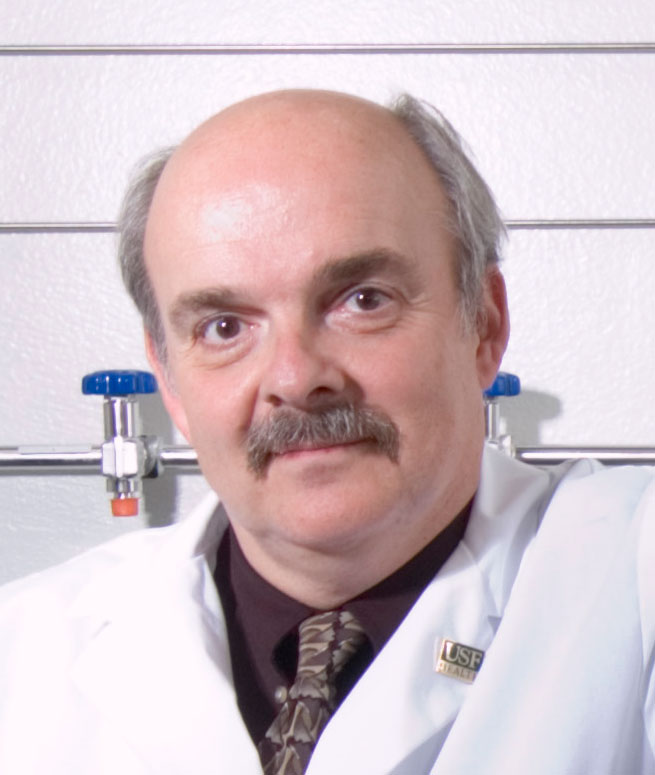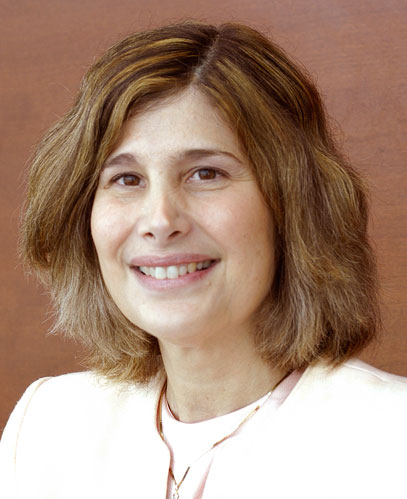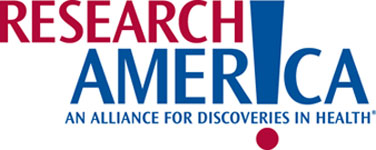Learn about translating science for public, policymakers
A Research!America workshop and forum at USF offers students and postdoc scholars an opportunity to learn about science advocacy and effectively communicating research.
University of South Florida researcher Jay Dean, PhD, is one of the country’s leading experts in “hyperbaric neurophysiology,” but he doesn’t use terms like oxidative stress and chemosensitive neurons when he’s explaining his research to people outside his discipline.
Instead he compares oxygen to a drug, which in high enough doses can trigger seizures. And, he says, understanding how high-pressure oxygen harms the central nervous system may lead to better ways to protect patients undergoing wound healing therapy, as well as deep sea divers, from oxygen poisoning.
Dean believes both established and aspiring researchers must more actively promote science literacy to help create a climate where citizens understand, appreciate and engage in science and technology. Support of funding for research and development depends on it, he said.
“There needs to be a culture change in the sciences that’s integrated into the educational process of future scientists,” said Dean, professor and interim chair of the USF Health Department of Molecular Pharmacology & Physiology. “We have to learn to effectively and concisely communicate in a technologically advanced age what we do and why it matters to the public.”


Dr. Jay Dean of USF Health and Dr. Karen Liller of the USF Graduate School are hosting the upcoming workop and forum.
Dean and Karen Liller, PhD, dean of the Graduate School and associate vice president for Research and Innovation at USF, are hosting the Research!America workshop and forum Thursday, Oct. 27, at USF Embassy Suites. The two events offer researchers, clinicians, postdocs and students the opportunity to learn about science advocacy and translating science for the public:
• The Science Advocacy Training Workshop, 9 to 10:30 a.m., will introduce participants to strategies and tactics for effectively communicating with state and federal policymakers. Interactive exercises will offer opportunities to practice making the case for a cause or issue. Preregister online at www.researchamerica.org/event_detail/id:126, or register onsite at 8:30 a.m. the day of the workshop.
• The Media and Science Forum “Let Me Be Clear: Science Journalism in the Age of the Genome and Twitter,”sponsored by Research!America in partnership with USF and Pfizer, begins with lunch at 11:30 a.m. It will convene leaders in science, health communications, journalism and social media to discuss results of a new poll gauging Floridians’ attitudes toward research to improve health and the state’s economy as well as sources of health and medical information they consider trustworthy. Panelists will explore ways in which journalists and scientists can work together to communicate research news in a rapidly changing media environment. Register online at www.researchamerica.org/event_detail/id:125, or register onsite the day of the forum.
While those training for a discipline learn its jargon to converse with fellow professionals, present at conferences and publish in peer-reviewed journals, there is growing recognition that scientists need to take the lead in communicating their research findings and offering insight into the scientific process to community groups, business leaders, politicians and other decision makers.
“These are the conduits for change who will influence or implement public policy,” Liller said. “If we as researchers cannot frame our work with messages that are understandable and relevant, the policy decisions may be uninformed and we’ll all live with the consequences.
“I’d really encourage our students and postdoctoral scholars to attend the workshop,” Liller said, “because as our future global leaders their role in communicating and, advocating for science will be critical in affecting our lives as global citizens.”
While most Americans think science, technology, engineering and mathematics are very important to U.S. competitiveness and future economic prosperity, only a third can name a living scientist. Those were just a couple of findings of a recent national public opinion poll commissioned by Research!America.
The Media and Science Forum on Oct. 27 will probe such issues as how the changing face of journalism is affecting public understanding of research, whether the deliberate pace and complexity of research can survive the 24-hour news cycle, and how science and journalism might work together to improve both science and media literacy. Representatives from major media outlets, including National Public Radio, Scientific American, the St. Petersburg Times and Nature Medicine will join in the discussion.
“At a time when scientific discoveries are having far-reaching consequences for consumer health, it has become increasingly important for scientists and journalists to work together to improve both science and media literacy,” said Mary Woolley, president and CEO, Research!America. “By communicating effectively with the media, scientists will enhance the public’s trust in the research enterprise and galvanize support for research as policymakers contend with competing budget priorities.”

Research!America is the nation’s largest nonprofit public education and advocacy alliance working to make research to improve health a higher national priority. Founded in 1989, Research!America is supported by member organizations, including the University of South Florida, that represent 125 million Americans.
Story by Anne DeLotto Baier, USF Health Communications

